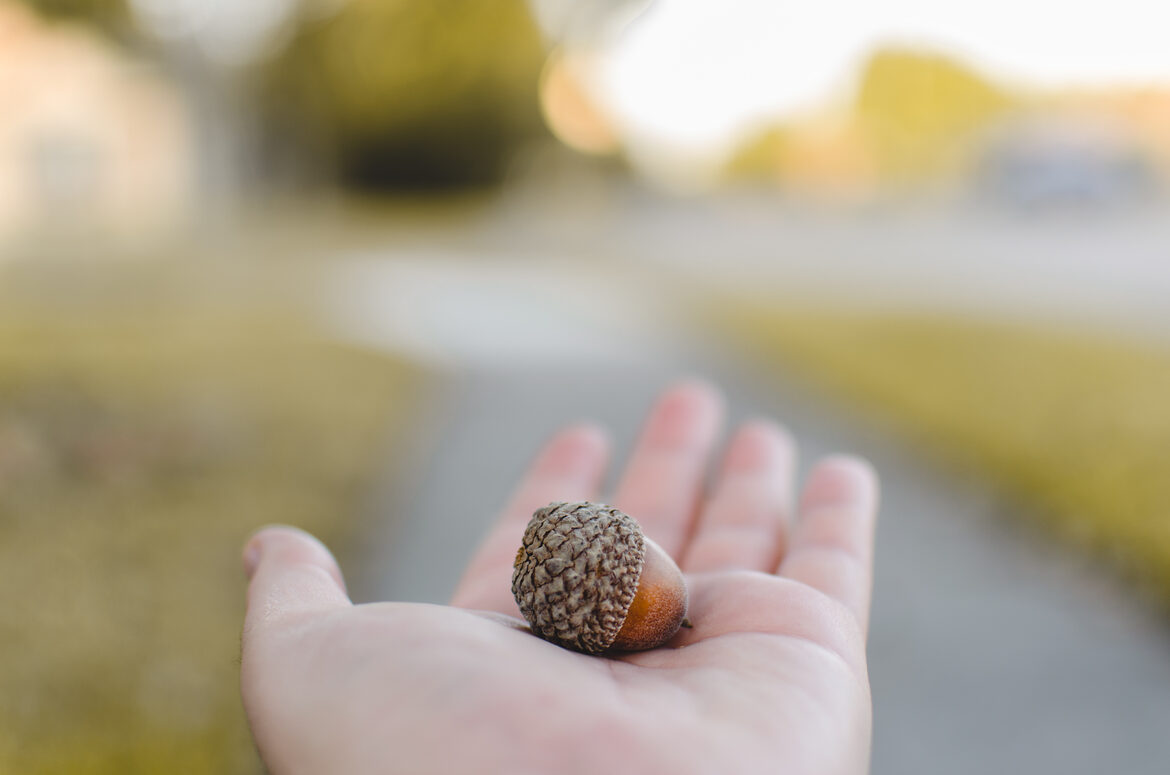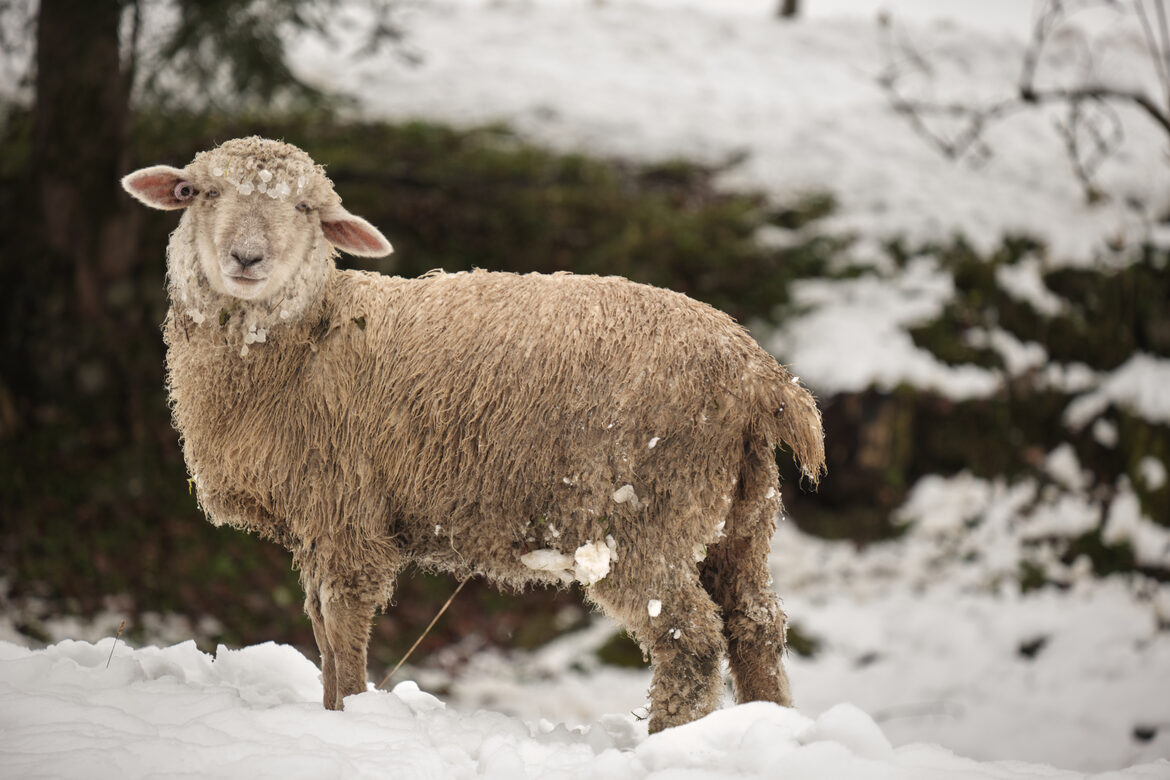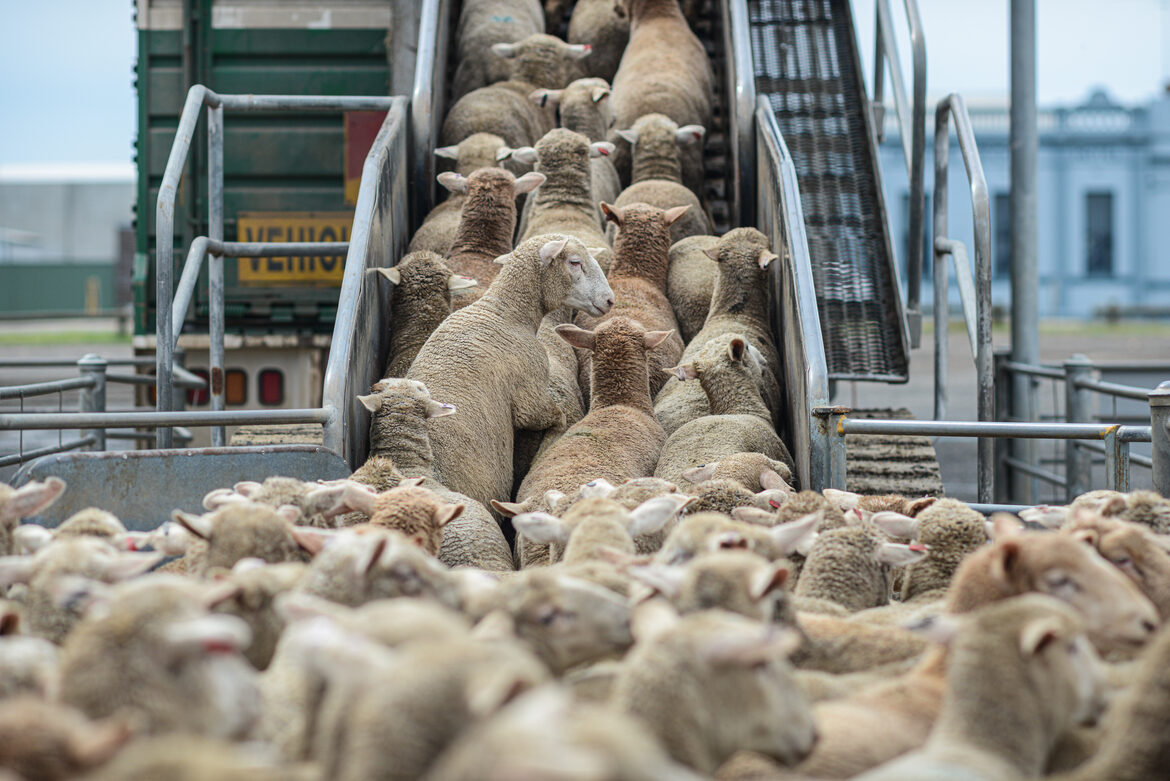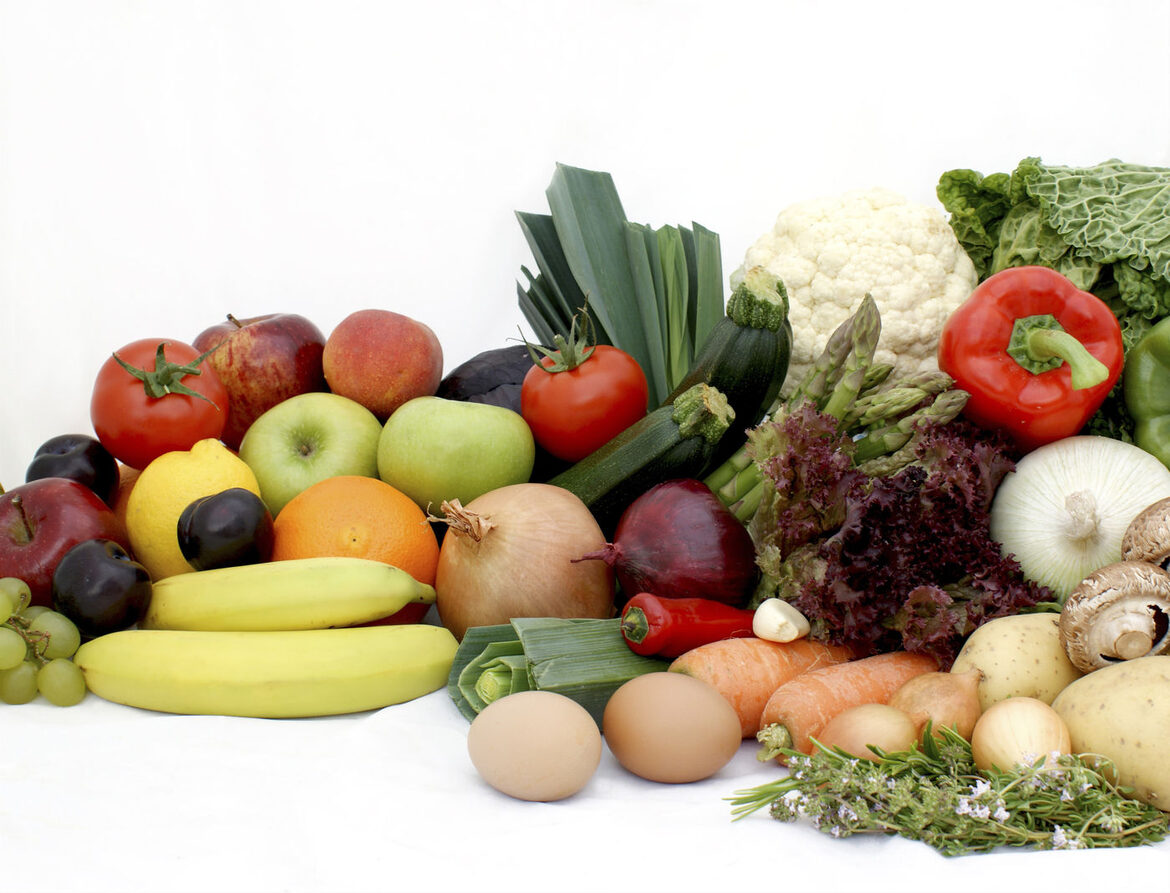This article is part of a series of modified excerpts from the introduction to our book "On Virtue."
Article 4 - Stoic Happiness
The Stoic School talks about a special kind of happiness. In ancient Greek, the term was eudaimonia. This kind of happiness is the feeling you get when you do good. It is the inner satisfaction you experience when you do the right thing. Stoicism teaches that virtue is the highest good. Therefore, wise individuals will practice virtue, and they will enjoy eudaimonia because they know the right thing to do and they have the fortitude to do it as well as the self-control to avoid vice.
The most important point is that Stoics practice virtue for its own sake.
The purpose a wise person does what is right is because it is human excellence to do so; the purpose is not to feel happiness.
To a Stoic, there is a fundamental difference between a) doing what is right for its own sake and ending up experiencing eudaimonia as a result and b) seeking happiness for its own sake and ending up doing something right as a result. (It is the difference between a) harmonizing your prosopon with your hypostasis and b) seeking to harmonize your hypostasis with your prosopon.)
To the Stoic School, nature teaches this difference. Think for yourself about how nature deals with mammals, the class of animals of which we are most intimately aware. For example, consider a lamb. When a lamb is newborn, nature makes it crave milk. Nature also provides a taste for milk and ability to suckle. What the lamb’s natural maturation requires is nutrition, and nature guides this newest resident of the Cosmos to what it needs for maturation through the language of taste and suckling. Then, nature guides lambs through teething, chewing, and a taste for grass to become rams and ewes.
Taste, suckling, and chewing accompany the experience of a lamb becoming an excellent sheep, but nutrition is what is necessary for full development. For example, it is possible for a veterinarian to deliver nutrition to a sheep intravenously, thereby bypassing the sheep’s taste buds and any activities by its mouth. In the alternative, a sheep could chew on poisonous plants that tasted good. Nourishment is the thing necessary for full maturation and is independent of and unnoticed by the sheep’s five senses.
It is similar with humanity. Initially, a newborn performs exactly as nature calls it to do by crying for milk and suckling. Eventually, natural maturation demands solid food for the baby. Finally, a child’s natural progress requires meat. Like all mammals, the thing a developing child’s body seeks for its own sake is nourishment to fulfill the command of nature to mature; things like tasting and suckling merely accompany maturation. With Homo Sapiens, however, nature calls for a maturing process unshared with any other organism.
Stoics practice virtue for its own sake, because the entire experience of nourishment and maturation of their character (hypostasis) is the Final Cause of man.
Nature makes eudaimonia one of the “tastes” of virtue. It thereby reserves the greatest quality of life and the greatest enjoyment of life for humanity alone. When a Stoic does the right thing, part of the experience includes specific perceptions analogous to when part of the experience of his nourishing his body includes the taste and aroma of a warm meal. Stoic happiness from virtue, however, is not discernible with the five physical senses. Eudaimonia is only sensed by an excellent soul; it is experienced through well-trained reason – through a love of wisdom.
Reason is the best and clearest of human senses. It is how we understand the communication of nature to us through our physical five senses. Human reason is also how we tune into the communication of nature permeating biochemical realities that our five senses cannot behold. Since nature made eudaimonia part of the “taste” of nourishing, maturing, and healing our souls through Virtue and since this experiential process we call Virtue is the Final Cause of man, the next article will introduce the four cardinal Stoic Virtues.








